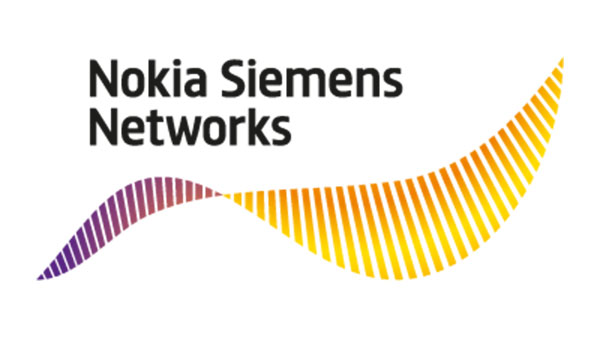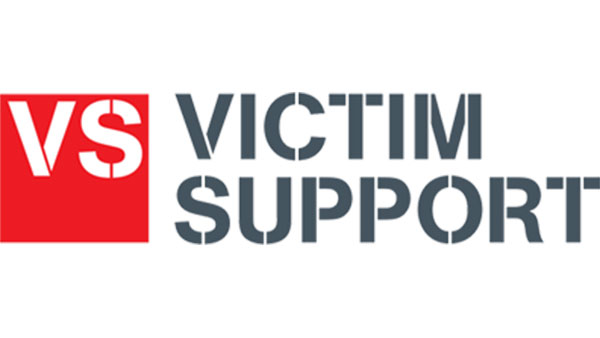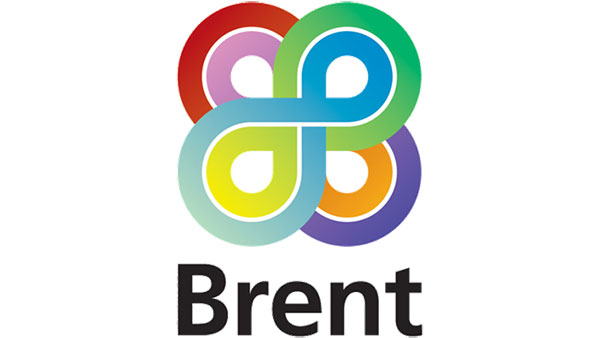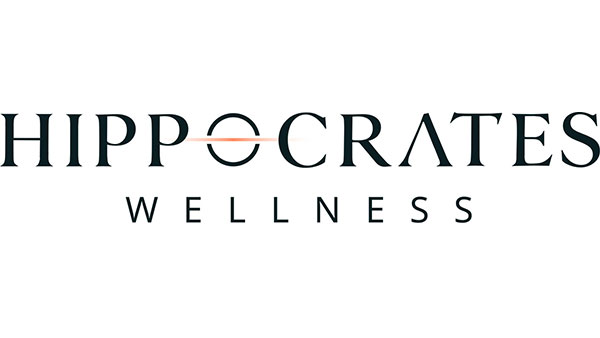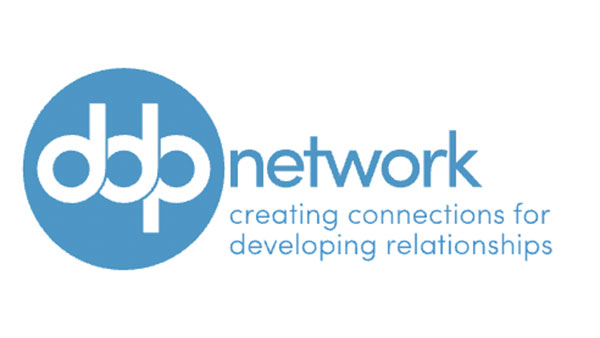The society in which we live progresses and evolves much faster than humans them selfs. The fast pace of life and the urge for financial security, independence, and prestige are pushing human boundaries so far that they start negatively influencing their minds, causing anxiety, depression, and other mental disorders, which in some cases get transferred to the new generations in who are in developing phase, creating an endless loop of unsatisfied, unstable, self-sabotaging individuals. Deploted to big pharmaceutical companies for the “fast solution” – treatments with the pills.
Unfortunately, the old traditions that served humanity for decades, maybe even centuries, are no longer critical and are being forgotten and replaced with a new way of life without allowing people to appropriately adapt, inform, and prepare for a significant change.
The importance of self-regulation is lying in there. If we learn how to self-regulate daily, we as individuals will gain control over our body, mind, and thoughts, creating healthy habits and lifestyles, achieving a happier state of mind, and being in a position to influence others from our environment.
There are many ways to self-regulate, and these are divided into two groups: negative self-regulation and positive self-regulation.
Negative self-regulation is something connected to imposing vices, such as smoking, drugs, gambling, bad diet, and other similar low-vibration activities, which give us instant temporary satisfaction, which eventually leads us to addictions, illness, solidarity, in many cases, and failures in life.
To enhance self-regulation, individuals should engage in high-vibration activities that promote overall well-being. These activities include practicing honesty, cultivating meaningful relationships, fostering family connections, experiencing intimacy with a partner, participating in regular exercise, spending time in natural environments, benefiting from human touch (such as massage), consuming a nutritious and balanced diet, and ensuring adequate sleep. Embracing these practices can significantly contribute to personal and emotional health.
Although many individuals possess an understanding of the distinctions between right and wrong, they frequently make suboptimal decisions. This tendency is often influenced by attachments established during early life, which continue to affect their choices throughout their lives.
With a secure attachment, your nervous system can quickly achieve self-regulation. Regrettably, secure attachments are relatively uncommon among individuals. Those who possess such attachments generally originate from robust family structures in which love serves as the primary influence.
Individuals from less privileged backgrounds who exhibit avoiding-dismissive, ambivalent-resistant, disorganized, or anxious attachment styles often encounter significant challenges in achieving positive self-regulation. Consequently, they may resort to quick and simplistic solutions, which are frequently detrimental rather than beneficial.
Effective self-regulation is essential not only for individual well-being but also for the welfare of those around us, particularly our close relationships and individuals in need. Serving as a positive role model is a significant responsibility. The initial step towards fostering societal improvement lies in stimulating curiosity in others, encouraging them to explore their inner potential, and aspire to realize their best selves.
Self-regulation is significantly influenced by positive emotions, which are elicited by gratifying life experiences, adequate nutrition, physical touch, humor, achievements, and various other factors that facilitate the release of rewarding neurochemicals in the body, including serotonin, dopamine, and oxytocin. These substances foster feelings of happiness, connection, and fulfillment, ultimately enhancing our vibrational frequency and promoting increased optimism and creativity.
Conversely, stress hormones such as adrenaline and cortisol are critical to the human physiological response known as fight-or-flight. While these hormones serve vital functions in human survival, chronic exposure can adversely affect health and overall well-being.
The feeling of belonging, safety, and being in a good environment surrounded by loving, quality people is a precaution for protecting ourselves from exposure to high stress.
To prepare ourselves for daily challenging, stressful situations such as traffic, work, children, lack of time, etc., it is vital to know how to manage self-regulation and live a fulfilled, healthy, and happy life.
Individuals should identify the most appropriate methods of self-regulation in accordance with their specific life circumstances. Historically, a healthy and supportive family has served as a fundamental pillar for inner regulation and will continue to fulfill this role.
Family units provide critical components necessary for effective self-regulation, including love, trust, understanding, joy, security, and a sense of belonging. Fortunately, individuals who may not benefit from this familial support can still achieve self-regulation by establishing meaningful connections with others, encompassing various forms of interaction, such as physical touch, eye contact, and substantive conversations.
Moreover, self-regulation can be further enhanced by fostering reciprocal relationships and maintaining honesty and transparency with both oneself and others..
Individuals seeking to enhance their self-regulation skills can employ various techniques that promote emotional, cognitive, and behavioral control. One effective strategy is goal setting. Establishing clear, achievable goals provides individuals with a roadmap for success, helping them maintain focus and motivation. For example, breaking long-term goals into smaller, manageable tasks can make them feel less overwhelming and more attainable.
Mindfulness and meditation practices have also been shown to improve self-regulation by fostering greater awareness of thoughts and emotions. By practicing mindfulness, individuals can develop the ability to pause before reacting to situations, allowing them to respond more thoughtfully rather than impulsively. Studies have demonstrated that mindfulness can enhance emotional regulation, leading to better mental health outcomes and improved decision-making skills.
Cognitive restructuring is another valuable technique that involves challenging and reframing negative thought patterns. By recognizing and changing unproductive beliefs, individuals can cultivate a more positive mindset that supports their self-regulation efforts. For instance, someone who often thinks, “I can’t do this,” can reframe that thought to, “I can learn how to do this with practice.” This shift in thinking encourages perseverance and resilience.
Behavioral interventions, such as the use of self-monitoring and accountability, are also effective in improving self-regulation. Keeping a journal to track progress, identify triggers for impulsive behavior, and celebrate successes can reinforce self-regulation skills. Furthermore, enlisting the support of friends, family, or mentors can enhance accountability and motivate individuals to stay committed to their goals.
In conclusion, self-regulation is a powerful tool that can significantly enhance our lives. By mastering the art of self-control, we can navigate challenges with greater resilience, achieve our goals with greater focus, and build stronger relationships. As we continue to develop our self-regulatory skills, we unlock our full potential and live a more fulfilling life.



